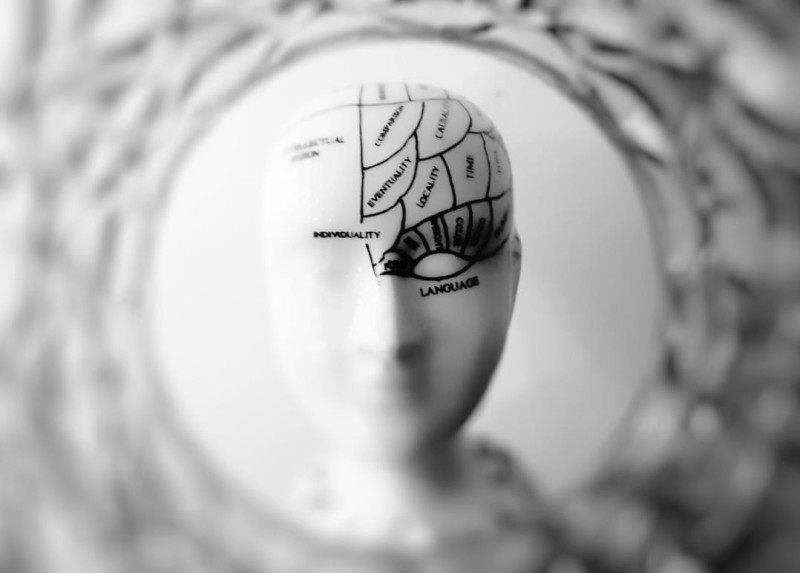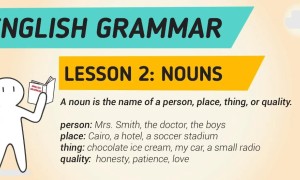“人类的大脑只开发了10%”——这一说法广为流传,许多人甚至对此深信不疑。然而事实果真如此吗?听古典音乐真的可以让人变聪明吗?下面5个关于人类大脑的传言其实都是假的。
1. A BIGGER BRAIN IS A BETTER BRAIN.
大脑越大越聪明。
Nope. After all, humans believe we’re the smartest animals on the planet, but elephant brains are three times larger than ours. And whale brains? Forget it.
并不是。毕竟,人类相信自己是地球上最聪明的动物,但大象的大脑比人类的大三倍。鲸鱼的大脑呢?不用说了。
Intelligence isn’t about relative size, either. Human brains make up about 2 percent of our body mass, which is pretty impressive. But tree shrew brains are a full 10 percent of their body mass, and they drink beer for a living.
智力也与大脑的相对大小无关。人脑约占人类体重的2%,这个占比已经很厉害了。但是树鼩的大脑相当于它们体重的10%,它们以喝啤酒为生。
So when it comes to brains, size isn't the most important thing. Hominid brain size did increase as we evolved, but scientists say that the secret to our smarts is complexity. And nobody can beat us there; neuroscientist Gerard Edelman has even described the human brain as “the most complicated object in the universe.” Your cerebral cortex alone has between 19 and 23 billion neurons, and each neuron can connect to other neurons tens of thousands of times.
所以说,大脑的大小并不是最重要的。人类大脑的大小确实随着我们的进化而变大,但科学家们说,人类聪慧的秘密在于大脑的复杂性。这一点我们是无敌的;神经科学家杰拉德·埃德尔曼甚至将人脑描述为“宇宙中最复杂的物体”。仅大脑皮层就有190亿到230亿个神经元,每个神经元可以与其他神经元连接数万次。

2. WE onLY USE 10 PERCENT OF OUR BRAINS.
人类的大脑只开发了10%。
Oh yeah? Which part are you using right now? The entire brain may not be active every second of every day, but if you want to breathe, sleep, and digest your food, you need the whole thing.
哦,是吗?你现在用的是哪一部分大脑?整个大脑可能不会在每天的每一秒都处于活跃状态,但如果你想呼吸、睡眠和消化食物,你需要整个大脑运转。
Modern brain imaging techniques have given us actual pictures of the whole brain in action, which should have put this myth to bed. Instead, the 10 percent legend has persisted for years and years, in part thanks to movies and psychics who argue that the “other 90 percent" of your brain must be reserved for some supernatural purpose. This is absolute bunk.
现代大脑成像技术为我们呈现了整个大脑活动的真实图像,这本该让这种传言破灭的。但人类的大脑只开发了10%的传说已经持续了很多年,部分原因是电影和通灵师认为,你大脑的“其他百分之九十”一定是为了某种超自然的目的而保留的。这完全是无稽之谈。
3. CLASSICAL MUSIC MAKES YOU SMARTER.
古典音乐让你更聪明。
Making yourself (or your baby) sit through symphonies won’t do anything for your IQ. A 1993 study did show that listening to Mozart improved spatial reasoning—but only spatial reasoning, and only for 15 minutes. Even that modest effect might have been overstated. A 2010 review of 40 studies on the subject found that none of them could reproduce the results of the original experiment.
让自己(或孩子)听交响乐对智商没有任何帮助。1993年的一项研究确实表明,听莫扎特的音乐可以提高空间推理能力,但只能提高空间推理能力,而且只能提高15分钟。即使是这种轻微的影响也可能被夸大了。2010年对40项关于这一主题的研究进行的回顾发现,没有一项研究能够重现原始实验的结果。
And those classical music videos for babies aren’t doing anybody any favors. Infants and toddlers who watch TV—even Baby Mozart—learn fewer words than their peers.
那些为婴儿播放的古典音乐视频对任何人都没有任何帮助。看电视的婴儿和幼童(甚至是婴儿莫扎特)比同龄人学到的单词更少。
4. CROSSWORD PUZZLES WILL KEEP YOU SHARP.
填字游戏可以让你保持思维敏捷。
Like classical music, crossword and Sudoku puzzles are terrific—but only if you actually enjoy them.
和古典音乐一样,十字填字游戏和数独游戏也不错,但前提是你真正喜欢它们。
In an interview on the subject with The New York Times, neuroscientist Molly Wagster of the National Institute on Aging was unequivocal: “People who have done puzzles all their lives have no particular cognitive advantage over anyone else.”
美国国家老龄化研究所神经科学家莫莉·瓦格斯特在接受《纽约时报》采访时明确表示:“一生都在玩智力游戏的人在认知上并不比其他人有更大的优势。”
There is one thing that doing crossword puzzles will make you good at: doing crossword puzzles.
玩填字游戏只会让你擅长一件事:玩填字游戏。
5. MEN ARE NATURALLY BETTER THAN WOMEN AT MATH.
男性的数学天生比女性好。
Just like women are naturally better at washing the dishes, right? No. Come on.
就像女性天生更擅长洗碗一样,对吧?当然不是。
Study after study has shown that the gap in math and science test scores between girls and boys can be attributed not to natural ability, but to cultural messages. It’s called the stereotype threat: When a member of a group is exposed to negative stereotypes about that group, they perform poorly. Just requiring girls to check “female” before beginning a standardized test has been shown to significantly reduce their scores. The more a person is bombarded with expectations of failure, the more likely it is that he or she will fail.
一项又一项的研究表明,女生和男生在数学和科学考试上的成绩差距不是因为天生的能力,而是因为文化信息。这被称为刻板印象威胁:当一个群体的成员面对外界的负面刻板印象时,他们的表现就会很差。仅仅要求女孩在开始一项标准化考试前确认她们的性别就可以显著降低她们的分数。一个人对失败的期望越高,他或她失败的可能性就越大。
Researchers from the University of Wisconsin analyzed test scores from 86 countries and found that average math scores for girls and boys were equal. Even in the United States, the gap has begun to narrow.
威斯康星大学的研究者分析了来自86个国家的测试成绩,发现男女生数学平均成绩相同。即使在美国,差距也开始缩小。







